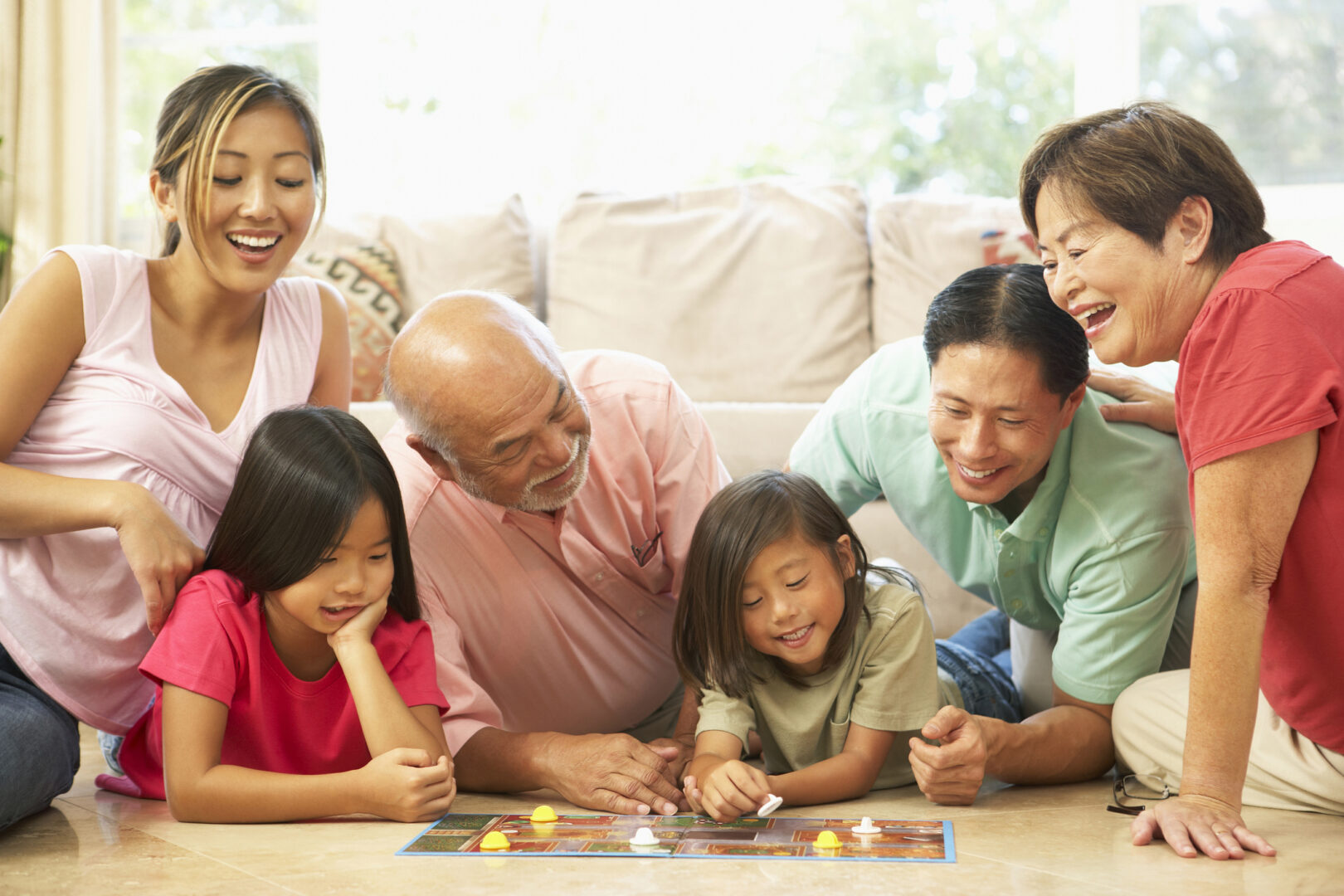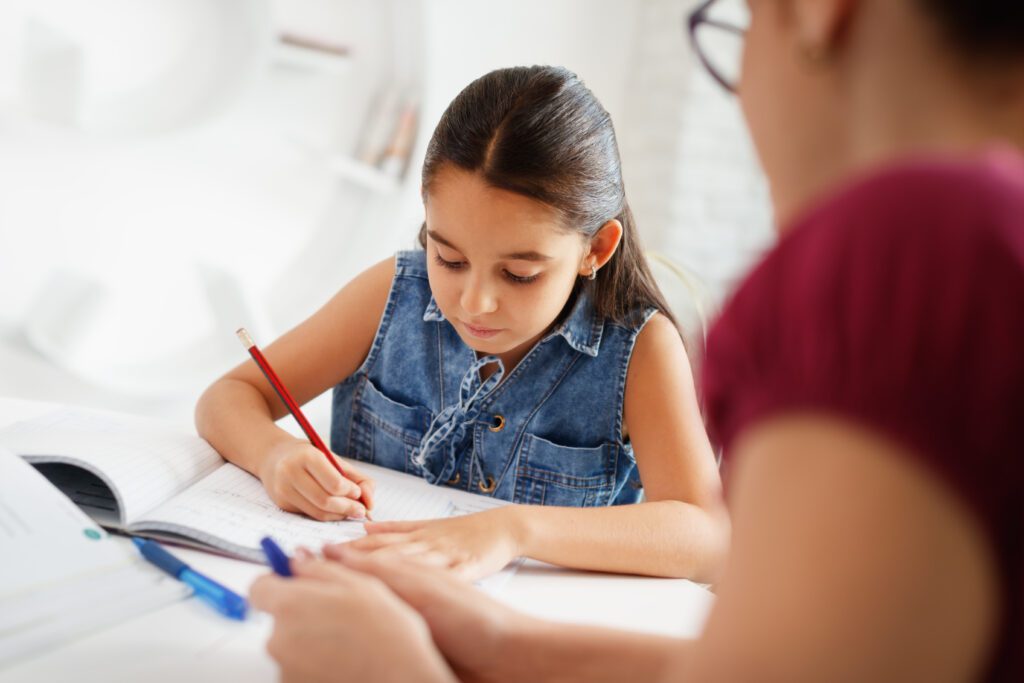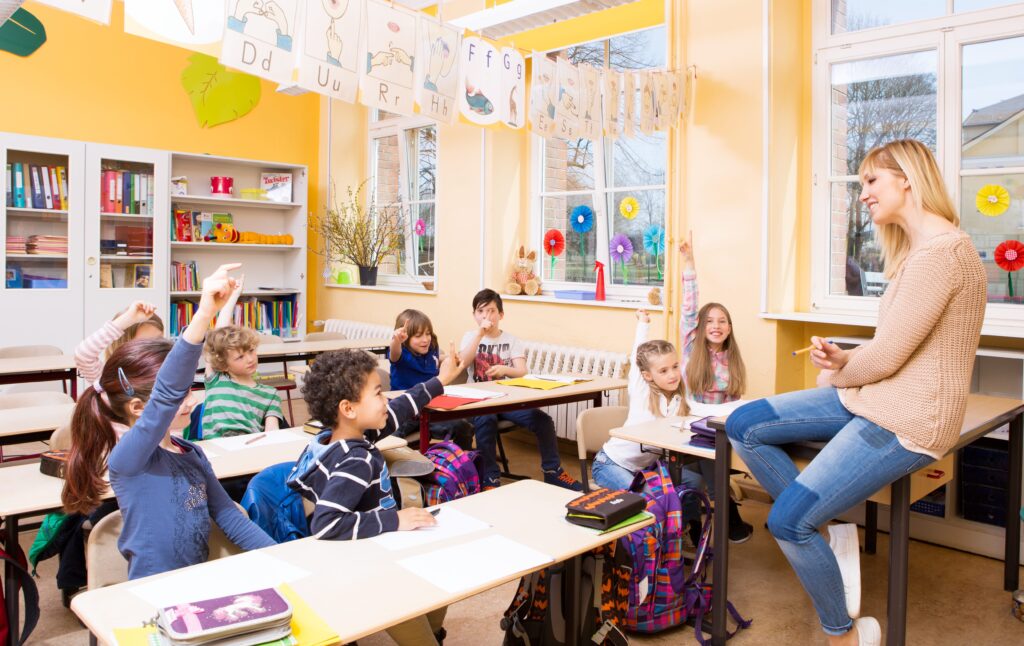What’s the connection between board games and learning?
More than just a fun way to pass the time, playing board games is an important part of children’s learning and development. Playing strategic board games can improve critical thinking skills, cognitive development, and concentration. They are also a great way of taking a break from worry, stress, and anxiety and have some family fun!
Not only do board games create a tech-free opportunity to bring everyone in the house together for fun times, but they also promote learning skills and cognitive development for young and old alike!
From tots to teens—for the young and the young at heart—to beat boredom and build life and learning skills, there is nothing like a good board game!
Benefits and Skills from Board Games Range With Age
Teenager or toddler—for the young and the young at heart—to beat boredom and build life and learning skills there is nothing like a good board game! Here are some of the different benefits for different age groups:
Board Game Benefits for Young Students
Math skills, reading skills, memory, and fine motor development; playing games is one way that young children grasp concepts and build skills. Whether it is a simple idea such as following directions or matching pairs playing games to learn skills helps young learners learn to equate learning as something that can be equally fun and rewarding.
Here are some of the skills that board games help young students develop:
- Life Skills: social skills such as following rules and taking turns
- Focus Skills: paying attention
- Reasoning Skills: making decisions and understanding consequences
- Math and reading skills
- Boost self-esteem and confidence
- Increase social confidence
What board games are good for this age group? Check out these suggestions from What Moms Love!
Board Game Benefits for Older Students & Teens
Getting older students to put down the screens and spend some quality offline time can be challenging. But getting everyone to the table and bridging the generational divide is easy when a board game is involved. They’re interactive, they’re fun, and they’re a great way to show off some skills. And bonus, playing board games keeps brain matter strong and healthy.
On breaks from school, there is no easier choice to keep learning skills sharp than a board game night.
Humour, pop culture, strategy, or just fun: board games for teens range from silly to complex. Regardless of your reasons for playing, board games help teens build stronger thinking and learning skills, such as:
- Processing Speed
- Logical Reasoning
- Pattern Detection
- deductive logic
- Self-reflection
- Critical thinking
- Impulse control
- Problem-solving
- Numeracy
- Literacy
Check out these board game recommendations for Middle School students from Education Possible!
For Teens, These are the board games recommended by Bustle!
Board Games have Benefits for Mental Health, Too!
Playing games together not only gets kids off their devices, but it can also induce fits of laughter, lowering stress, releasing endorphins, reducing blood pressure, and boosting the immune system. Whether it’s for 20 or 200 minutes, board games are a short escape from reality, allowing us time to focus on something fun and each other.
Already Love Playing Board Games Together? Order a New Board Game!
The research shows that learning a new game and challenging the brain to understand the rules, follow the directions and develop an understanding of the complexities, nuances, and strategies of the games is great for brain health!
A new game puts everyone on a level playing field. With a new game, there isn’t somebody better than somebody else and everyone had an equal opportunity to become the house champ. . .it’s a literal roll of the dice!
Bonus Tip: have the kids research a new game for the house and present the reasons that they think this game would be best and why.
Summer learning starts here! Get insights on how to keep skills sharp all summer long.







